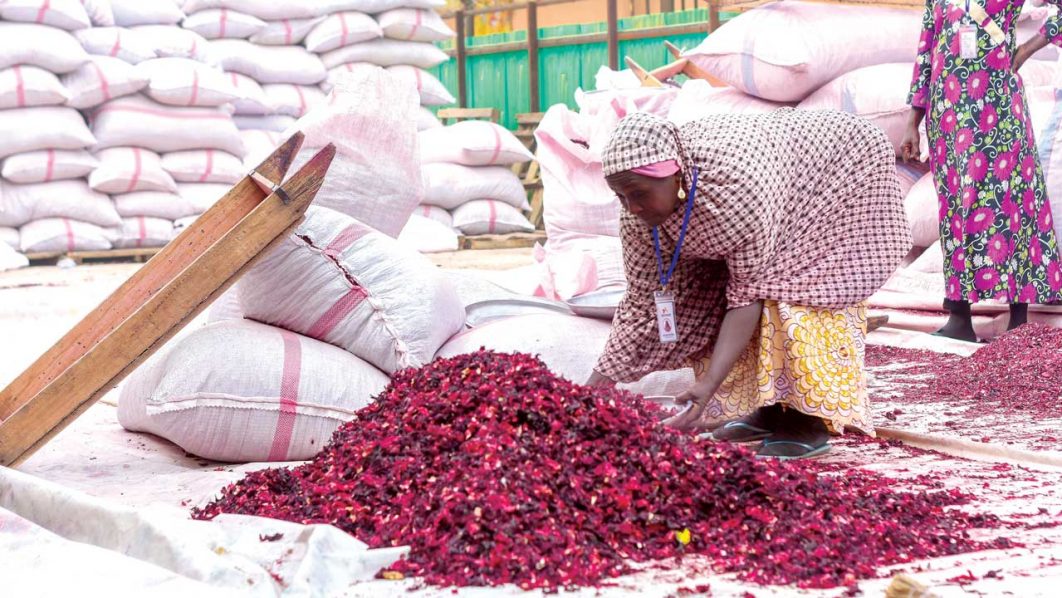
With the threat posed by climate change to global food security, Nigeria’s agricultural sector must prepare for an uncertain future. This was the position of a food security expert and CEO, AgroEknor, Timi Oke, at the 115th anniversary of King’s College Lagos.
Sharing insights on how Nigeria can adapt its agricultural sector to withstand the growing impacts of climate change, he said it is pertinent to understand how climate change affects agriculture and food security.
He added that regions across the country have experienced flooding, drought and rising temperatures, all of which have had a profound impact on agricultural productivity; stressing that Nigeria must take decisive action now if it hopes to secure its food supply for future generations.
Oke said: “Climate change is not just a future problem; it is already affecting our agricultural systems today. Research has shown that flooding in previously well-drained agricultural plains and increasing aridity in the Sahel and Sudan Savannah regions are hampering agricultural productivity. Moreover, changes in rainfall patterns have led to disruptions in the growing season, causing significant food shortages.”
While pointing out that a robust national adaptation plan is the solution to the challenges, he advocated for policies that encourage farmers adopt sustainable farming practices and invest in technologies that can help mitigate the effects of climate change.
“Farmers, particularly smallholder farmers, must be given the tools and support they need to adapt to changing conditions. This includes investments in disaster risk management, which would help farmers prepare for and recover from extreme weather events like droughts and floods,” he said.
An advocate for smallholder farmers, who are the country’s “foot soldiers” in the fight against food insecurity; noted that small-scale producers must be well-organised and adopt sustainable practices that enhance productivity while reducing environmental degradation. “Smallholder farmers need access to social protection, as well as support from both the public and private sectors,” he said.
He called for investments in agricultural cooperatives and producer associations, which would allow farming communities pool their resources and achieve scale. This, in turn he said, would make it easier for them to access inputs, services and markets, ultimately increasing productivity and reducing waste.






